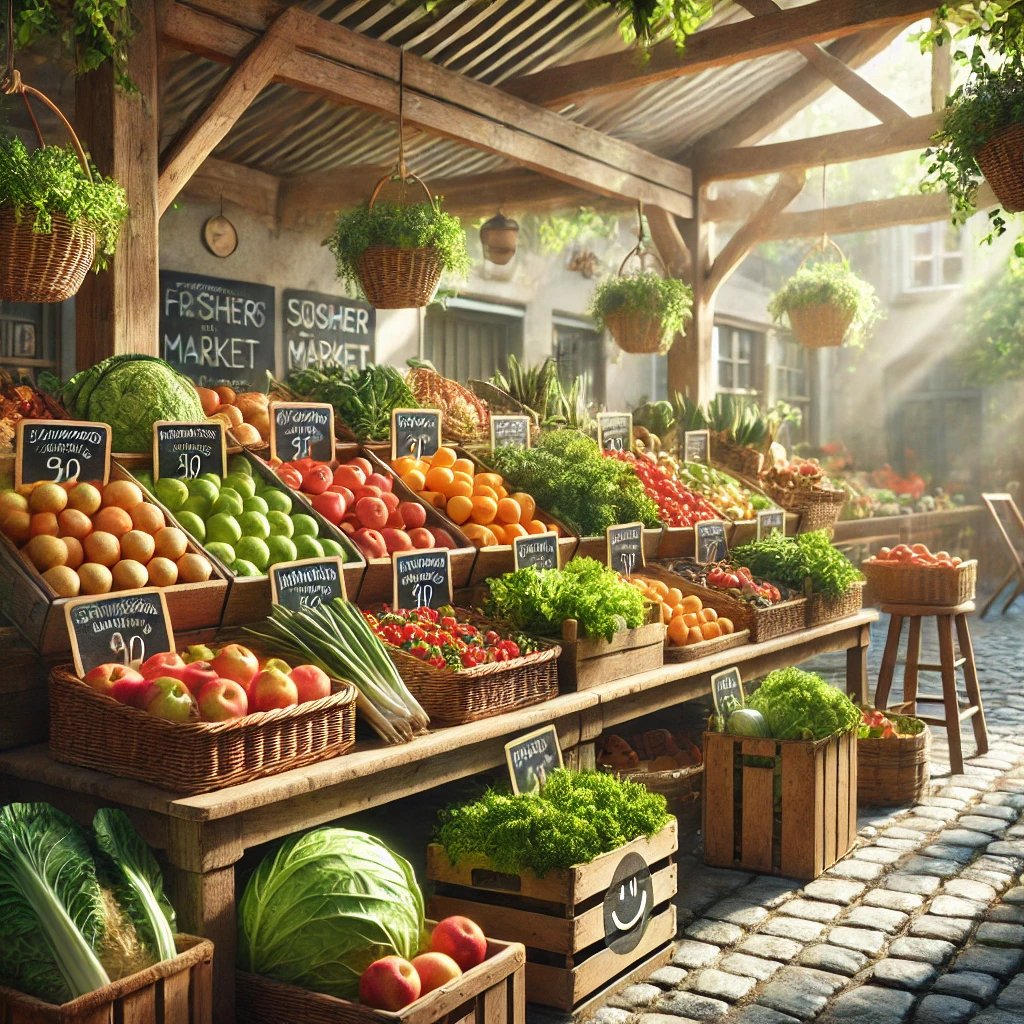A World Without Currency: Would Everyone Be Fed?
Imagine a world where food isn’t bought, sold, or traded. Imagine a world where food just readily available to everyone, whenever they need it. No money, no bartering, no trading, no working for your next meal. You walk into a market, or restaurant, take or order what you need for a delicious meal or snack, and leave. Farms still produce, stores are still stocked, and hunger no longer exists, because access is no longer tied to wealth or labor.
Sounds ideal, right? But would it actually work?
Abundance vs. Access: The Real Challenge:
Right now, the world produces enough food to feed every single person, yet millions still go hungry. Not because there isn’t enough food, but because access is controlled by economics, logistics, and policy. So, in a world where food is simply available, would unfettered access work for humanity?
Here’s where things get complicated:
1. Would People Take More Than They Need: When resources feel unlimited, human nature tends to lean toward excess and hoarding. Think about what happens at an all-you-can-eat buffet—plates are piled high, much of it gets wasted, and people take more than they actually consume. We can observe the same during a global crisis such as a pandemic. If food were always available with no limits, would people take more than necessary, leaving others without?
2. Would There Be Enough Incentive to Keep Producing?: Farmers grow food, distributors transport it, and markets stock it because these processes are part of an economic system that rewards labor. In a world without currency or trade, what would motivate continued production at the scale needed to sustain billions of people? Would farming still be as intensive? Would people still work the land, transport goods, and manage food systems simply because it’s the right thing to do?
3. The Logistics of Fair Distribution: Even if food production remained stable, there’s still the challenge of getting it where it needs to go. Right now, food shortages are often caused by logistical failures rather than a lack of supply. In this new world, who ensures that food gets from farm to table? Who maintains roads, transportation networks, and storage facilities? If no one is compensated, would these systems break down over time?
So, Would It Work?:
In theory, a world where food is readily available to all is possible because we already produce more than enough. The challenge isn’t whether there’s enough food; it’s whether human systems can function without the incentives that drive production and distribution today.
For this world to succeed, we’d need:
A cultural shift where people take only what they need.
A decentralized system of responsibility to keep farms producing and food moving.
New motivations beyond economic survival whether that’s social responsibility, automation, or something we haven’t yet imagined.
It’s not food scarcity that makes hunger persist today. It’s the way we’ve structured access to food. If we can rethink that, we might get closer to a world where no one goes hungry, and food waste is greatly minimized because it is simply there when and where humans need it.
Salud! 🥂
Copyright © 2025 Jameel Gordon - All Rights Reserved.

